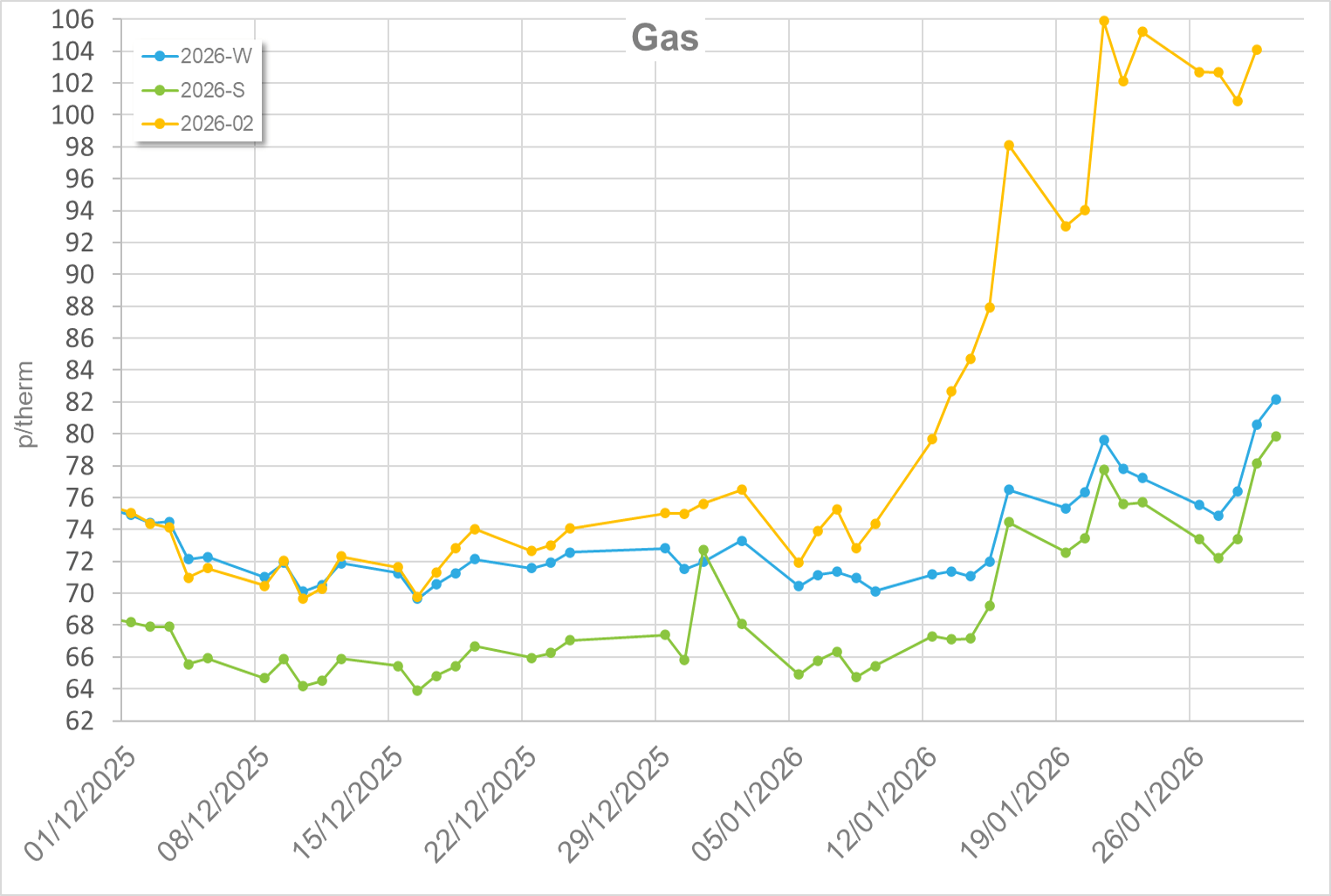This blog below was written with insights from NFU Energy.
From this month (October 2025), electricity customers across the UK will start to see changes in how standing charges are calculated on their electricity bill. This is the first change in a series of three standing charge changes coming into effect which will impact non-commodity costs.
As these changes will have a noticeable impact on energy bills it’s essential to understand what’s behind the changes and take proactive steps now, to manage potential cost increases.

Does this relate to my contract?
In short yes, virtually all customers are going to feel the impact of these changes irrespective of whether they have a domestic or commercial energy contract, or whether the terms are flexible or fixed.
How you will be affected depends on the contract type and specific terms. While many fixed-term energy contracts are designed to protect customers from fluctuating prices, suppliers often only fix the wholesale energy rates. The portion relating to third-party cost is often covered by clauses that allow suppliers to amend these rates if government levies change.
The charges explained
Balancing Services Use of System (BSUoS)
This charge covers the cost of keeping the electricity grid stable. From 1 October 2025, BSUoS will rise from 1.074p/kWh to 1.569p/kWh – a 46% increase.
Regulated Asset Base (RAB)
Introduced from 1 December 2025, this new 0.354p/kWh charge helps fund major infrastructure projects like nuclear power plant Sizewell C, ensuring future energy security.
Transmission Network Use of System (TNUoS)
Perhaps the most impactful, TNUoS pays for maintaining and expanding the national transmission network. Following National Grid’s reported £3.68bn funding deficit, forecasts suggest an increase of up to 94% in these costs. While final figures won’t be confirmed until January 2026, the new rates will apply from 1 April 2026.
Why it matters
These changes are not insignificant. They reflect the increasing costs and investment needed to decarbonise, modernise, and stabilise the UK’s electricity grid. For both small and large users, the burden of non-commodity costs is rising. For businesses in particular this can erode margins unless action is taken.
What can be done?
The forecasted changes could be particularly challenging. NFU Energy is working in partnership with the NFU, to raise our concerns directly to the regulator, Ofgem, highlighting how these changes will impact customers, their businesses and the industries they operate in.
There are several ways to reduce your exposure to these non-commodity charge increases in the meantime:
- Review your energy contract – Look at the terms of your contract to explore what charges will impact you going forward. Changing your contract could help blunt some of this impact in the short term.
- Optimise operations – Load shifting, on-site generation, or capacity reviews or Power Purchase Agreements can help lower overall costs, so make sure you are using energy as efficiently as possible.
- Check exemptions – Some businesses may benefit from Non-Final Demand status or Small Supplier Exemption reliefs. It’s worth exploring if any exemptions are available to you.
These changes are complex, but preparation is key. We are here to help and can help identify how these changes will affect you, review your existing electricity contracts and explore practical ways to minimise the impact on your business.
For more information please contact the NFU Energy team:
Call: +44 (0) 24 7669 6512 or email sales@nfuenergy.co.uk





